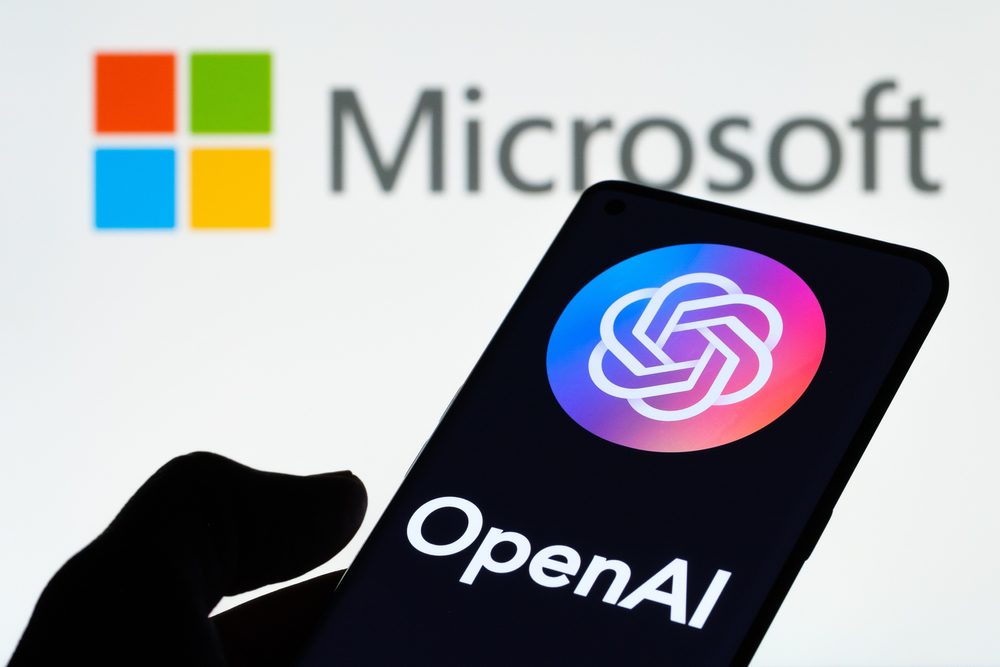Sixteen people filed a complaint against Microsoft and OpenAI on Wednesday. The complainants allege that AI products collected and shared personal data via ChatGPT without their express consent.
The lawsuit was filed in federal court in San Francisco, The Register knows. In the document, the plaintiffs allege that Microsoft and OpenAI violated privacy laws to collect data for their AI models without paying for it. The indictment even mentions pure theft, in which 300 billion words were systematically analyzed and collected without permission. “OpenAI did this secretly without registering as a data broker,” it says.
The complaint goes even further. It states, for example, that OpenAI and Microsoft collect, store, track, share, and disclose personal data from millions of people through their AI products. This includes product details, account information, names, contact details, login details, email, payment information, browser details, cookies, usage data, search queries, social media and other online activity.
The complaint also alleges that Microsoft and OpenAI embedded the personal data in the AI products. For example, you would have collected hobbies, religious beliefs, political views, etc. With generative models like GPT-4 and ChatGPT, OpenAI has a family of text-generating applications that Microsoft uses in all parts of the enterprise, from Bing in Edge to Windows to Azure.
157 worrying pages
“The defendants fail to adequately filter personal information from the training models, putting millions of people at risk of having that information disclosed to third parties,” the lawsuit says. In total, the lawyers authored a 157-page document with quotes from the media and academia, in which everyone raised concerns about AI models and ethics. However, only a limited number of cases involve concrete damage.
The sixteen plaintiffs used ChatGPT and other internet services, such as Reddit, where they expected their digital interactions would not be embedded in an AI model. In other words, the model was not trained on their data. OpenAI has historically prevented the reproduction of personal information through filters. In any case, it will be difficult to prove that this data was used effectively to train AI models.
Not the first complaints
The plaintiffs are seeking $3 billion in damages from Microsoft and OpenAI. According to The Register, this is an indicative number as it is up to the court to determine the amount of (possible) compensation. The complaint states that Microsoft and OpenAI have violated both the US Electronic Privacy Communications Act and the Computer Fraud and Abuse Act. Both Microsoft and OpenAI declined to comment (for now).
It’s not the first complaint OpenAI has received. It was already a prize last November when it was sued along with GitHub (Microsoft’s subsidiary) for reproducing the code of millions of software developers. This would violate the license terms of the Copilot service, which is based on an OpenAI model. The case is not yet closed.














